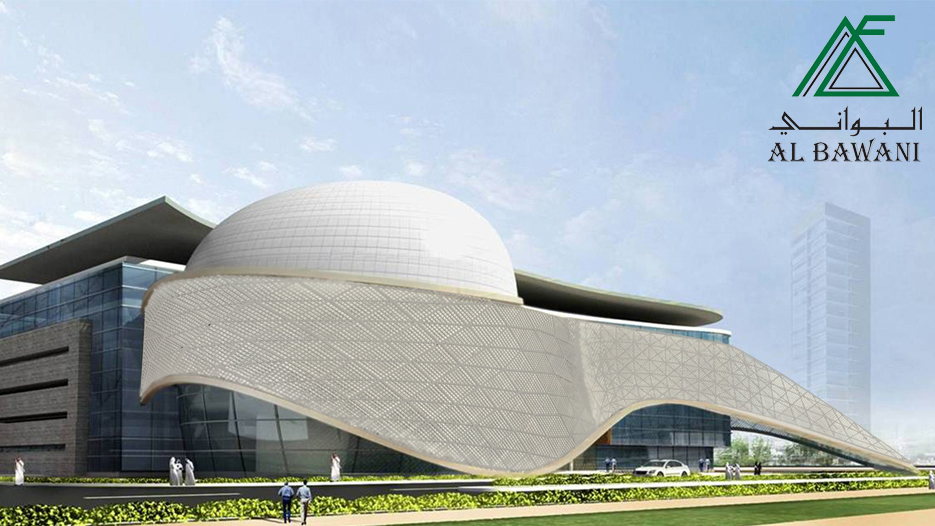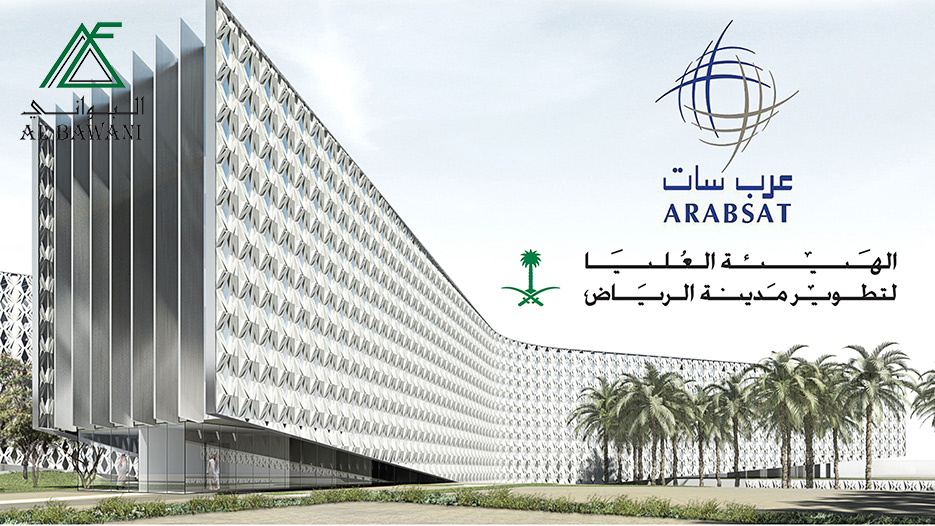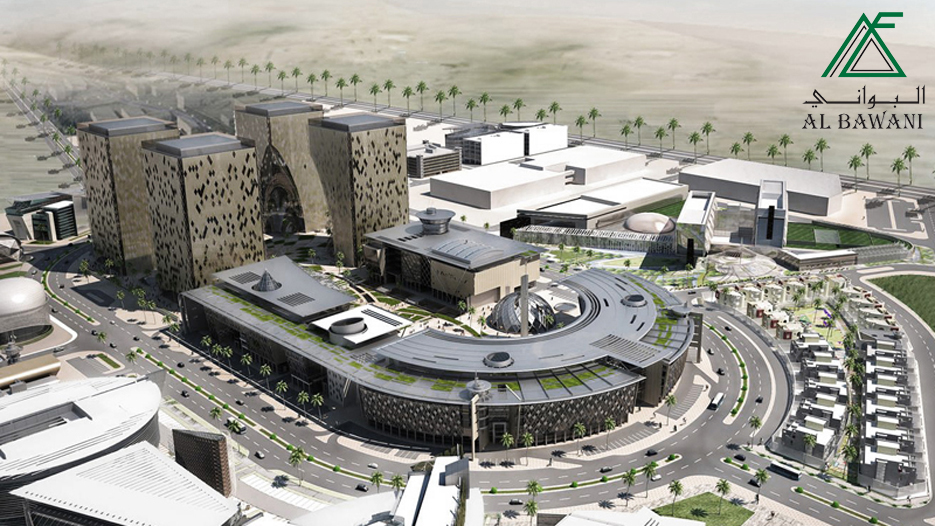Al Bawani: leading the Saudi construction sector
The Al Bawani Company was established in 1992 and headquartered in Riyadh. It has a portfolio of work that most multinationals would be proud of and is now firmly established as one of Saudi Arabia’s leading construction contractors.

The Al Bawani Company was established in 1992 and headquartered in Riyadh. It has a portfolio of work that most multinationals would be proud of and is now firmly established as one of Saudi Arabia’s leading construction contractors.
The firm started life as sub-contractor to Dutch company, Ballast Nedam. By 2000 the firm had grown in size to the point where it was handling contracts by itself and continued to focus on its primary niches of healthcare, military and airport projects.
Al Bawani has enjoyed particular success in the healthcare sphere completing more than 45 healthcare projects and is the main contractor on the King Abdullah Cancer and Liver Disease Centre, centrepiece of the new $900m (SAR3.4bn) King Faisal Specialist Hospital and Research Centre Mega-Project which is due to be handed over shortly.
Now with some 8,500 staff Al Bawani’s current portfolio includes projects in the Retail, Military Defence, and Transport sectors as well as continued involvement in the Medical sector.
This is part of the success story that has seen Al Bawani secure its place at the top table of Saudi contracting firms by following strategic marketing and growing organically, step by step. This strategy has allowed Al Bawani to weather the relatively constrained construction environment experienced in the Kingdom following the financial crisis in 2008, and avoid undisciplined growth during the 4-year growth spike in construction from 2010 onwards, where the Saudi government pumped hundreds of billions of dollars into new infrastructure projects.

Fakher al Shawaf believes this period may have resulted in a kind of steroid-fuelled artificial growth being experienced by some competitor construction companies and that current economic circumstances offer a healthy cleansing of excesses within the industry.
“The slowdown offers an opportunity for correction, and I think the construction market in Saudi Arabia will probably undergo some restructuring over the next two years” he opines.
The company has completed a couple of key Riyadh schemes over the past 12 months.
Earlier this year, Al Bawani delivered projects for Riyadh Investment Corporation – the government backed investment body behind the capital’s King Abdullah Financial District.
In the schools sector, Al Bawani has been appointed on to a panel of contractors charged with delivering the $10.7bn (SAR40bn) school building and refurbishment programme currently being undertaken by Tatweer Building Company (TBC), an agency specially commissioned by the government to open upwards of 1,000 new schools per year.
Following on from this, Al Bawani has secured approximately $266 million-worth of school building projects in Riyadh alone from TBC, with the possibility another 1,300 educational projects in the pipeline that are due to be approved between 2016 and 2017 and are worth some SR12 billion in total.
Al Bawani’s strategy to date has been to focus on what General Manager Fakher al Shawaf describes as ‘sophisticated contracting projects’ namely; Defence, IT, and Real Estate. Al Shawaf says that, while Healthcare has traditionally been the company’s biggest revenue contributor, “we are very selective but open to new opportunities.”

At the end of last year, the company’s order book was worth in the region of $1 billion – a figure that grew incrementally in 2016, with the potential to reach $3 billion in 2017.
Al Bawani has worked on the hyper-advanced Geo-science centre situated in Riyadh’s King Abdullah Financial District, which is becoming increasingly recognized as one of the world’s most advanced museums. Al Bawani senior management takes pride in the fact that its developmental expertise means it is one of the few domestic contractors capable of delivering such technologically demanding turnkey projects in the Kingdom.
Al Bawani has recently concluded negotiations to take on the Granada Mall redevelopment – approximately 350 M SAR and are looking at other opportunities in the Retail Sector.
Al Bawani has also won two tenders on the FAST Metro project and these projects are consistently rated A+ for their Health and Safety performance in a challenging discipline. More work in the Transport section is in the pipeline with another six sites being looked at.
Al Bawani has recently decided to broaden its operational footprint to other GCC countries in both the Commercial and Health Sectors and is actively tendering on selected projects.
Finally Al Bawani has become involved in private work for very high net worth individuals in the Kingdom, where they can bring their expertise to the table in delivering work of the highest quality in a safe and secure environment within tight timeframes.
With such an impressive domestic project pipeline, it isn’t surprising that Al Bawani’s cross-border ventures have been limited thus far, restricting themselves to the neighbouring states of Dubai and Abu Dhabi, but they have now started to spread their business interests beyond the Gulf States, with the group now operating in both London and Turkey.
The upwards trajectory of Al Bawani faces the many challenges and uncertainties that every contractor is facing in Saudi currently. Concern about the economic impact of global oil prices remaining “lower for longer” is coupled with anxiety over the geopolitical environment across the wider Middle East.
Yet despite the current constraints on the Saudi construction sector Riyadh continues to experience a near relentless pace of activity. New real estate projects are visible on the skyline in all directions, so there’s room for optimism too. Oil prices may be down and subsidy cuts are on the government agenda, but the kingdom still needs critical social and civil infrastructure. New hospitals. Thousands of schools. Tens of thousands of new homes.
All these needs must be met by a government which has funds to allocate. “Every week we submit at least one bid,” says Al Shawaf, emphasizing this point. Al Bawani’s business model will adapt & evolve accordingly. This may even include a public listing at some point in what some now see as an uncertain future for the building industry in Saudi Arabia.
One this is certain. Al Bawani will not stand still; it will meet this challenge as it has so many others; and it will survive and prosper. Persistence pays.